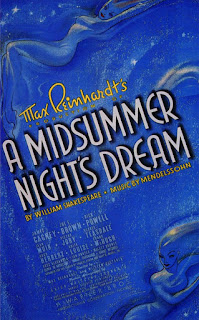IMDB Link
IMDB Rating: 7,7
Director: Fred M. Wilcox
Main Cast: Walter Pidgeon, Anne Francis, Leslie Nielsen, Warren Stevens, Jack Kelly, Richard Anderson, Earl Holliman, Robby the Robot
"At the time Forbidden Planet came along, science fiction hadn't existed for all that long as a movie genre, having really only established itself after World War II as distinct from horror films and movie serials. And there had been some serious science fiction films made up to that time - most notably, Robert Wise's The Day the Earth Stood Still (1951). But science fiction was still considered primarily a genre that appealed to children, centered on action and adventure, without undue plot complexities or character relationships. Forbidden Planet changed all that, without sacrificing a genuine sense of wonder and other elements that juvenile audiences could enjoy. At the time, people mostly noticed the special effects, perhaps the best ever done up to that time and for many years beyond; it was the first movie that could convince viewers, moment to moment, that they were out in space or on some alien planet. Forbidden Planet's real importance, however, lay in respecting its audience, including the kids, enough to steep its plot in psychology and to make some statements about human nature that were pretty strong stuff in the midst of the Cold War, with both sides detonating H-bomb tests on a regular basis. The movie walks an even more precarious tightrope with its subplot about nubile Anne Francis' relationship with her father and the officers of the starship that has just landed in their two-person paradise. The plot was adapted from William Shakespeare's The Tempest, which flabbergasted (and distressed) some critics but helped draw a new, more serious viewer to this kind of movie. Forbidden Planet was so good, in fact, that it proved an impossible act to follow, and no one tried for almost a decade. But its influence trails out for a half-century beyond: Gene Roddenberry drew most of his ideas about the crew, officers (and their personal relationships), and setting of Star Trek from Forbidden Planet's script and set designs, and George Lucas' funny androids (not to mention Lost in Space's helpful robot servant) have their origins in Forbidden Planet's Robby the Robot. And one can only guess at what luck Stanley Kubrick might've had getting financing for 2001: A Space Odyssey, especially out of MGM, had it not been for the precedent of Forbidden Planet." - www.allmovie.com





